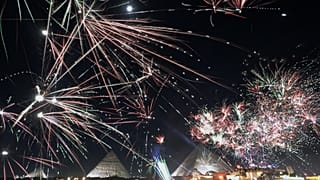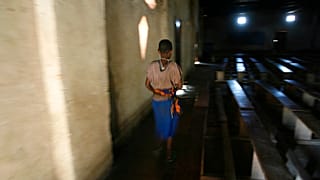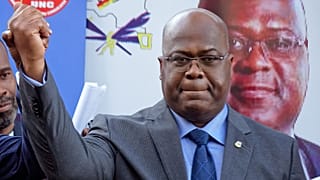Democratic Republic Of Congo
Congolese Prime Minister Augustin Matata Ponyo resigned on Monday as part of the national dialogue framework agreement which stipulates that an opposition leader takes the position of Prime Minister.
The agreement was signed in October by the ruling party and some opposition parties endorsing the 2018 presidential election date proposed by the electoral commission and for President Joseph Kabila to remain in office till then.
“I tender my resignation as the Prime Minister and that of members of my government to meet the spirit and letter of the agreement,” Augustin Matata Ponyo said at the end of an audience with President Kabila.
Matata who has been the Prime Minister since 2012, said his government has done a “valuable work with a positive picture of the economy”.
“From the macroeconomic point of view we have achieved unprecedented performances in terms of exchange rate stability, even though in the last few months there have been [some] upheavals linked in particular to the international crisis,” he added.
The president is expected to address the nation on Tuesday in front of the congress, leader of the majority and president of the National Assembly Aubin Minaku announced.
The political agreement signed under the watch of the African Union-appointed facilitator Edem Kodjo, was endorsed by the United Nations Secretary-General Ban Ki-moon who called for a “peaceful transition for peaceful elections.”
However, the agreement was opposed by the major opposition coalition which described it as non-inclusive and promised to protest till Kabila steps down when his mandate originally ends in December.










Go to video
Shelters in Burundi overwhelmed as 80,000 flee escalating violence in South Kivu
01:14
CAR deploys armed forces and MINUSCA to secure elections
01:00
M23 rebels withdraw from Uvira in DRC peace move
Go to video
From Kinshasa to Bujumbura: How the M23 crisis risks engulfing the region
01:00
Central African Republic prepares for critical elections amid persisting instability
Go to video
Six African women break barriers in Forbes 2025 power list